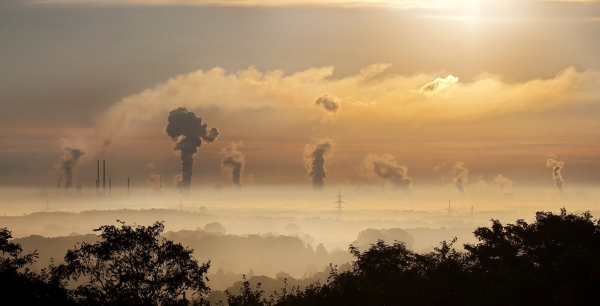By 2070, the glaciers on the Olympic Peninsula, in Washington State, will have largely disappeared, said Andrew G. Fountain, professor of geology and geography at Portland State University, who led a team of researchers on the subject.
articles
KU Study Identifies Most Vital Strategies for Successfully Implementing Changes in Industry
Organizations regularly need to implement change initiatives to stay current, update technology, improve efficiency, enter new markets or make other improvements.
Satellites Improve National Reporting of Greenhouse Gases
With the climate crisis continuing to tighten its grip, nations around the world are making efforts to reduce emissions of climate warming gases.
No Glacial Fertilization Effect in the Antarctic Ocean
hanges in the concentration of atmospheric carbon dioxide (CO2) are considered to be the main cause of past and future climate change.
California Field Campaign Helping Scientists Protect Diverse Ecosystems
Above Santa Barbara County, the Surface Biology and Geology High-Frequency Time Series, or SHIFT, campaign collects data to understand land and aquatic ecosystems.
Pacific Northwest Wildfires Alter Air Pollution Patterns Across North America
Increasingly large and intense wildfires in the Pacific Northwest are altering the seasonal pattern of air pollution and causing a spike in unhealthy pollutants in August, new research finds.









